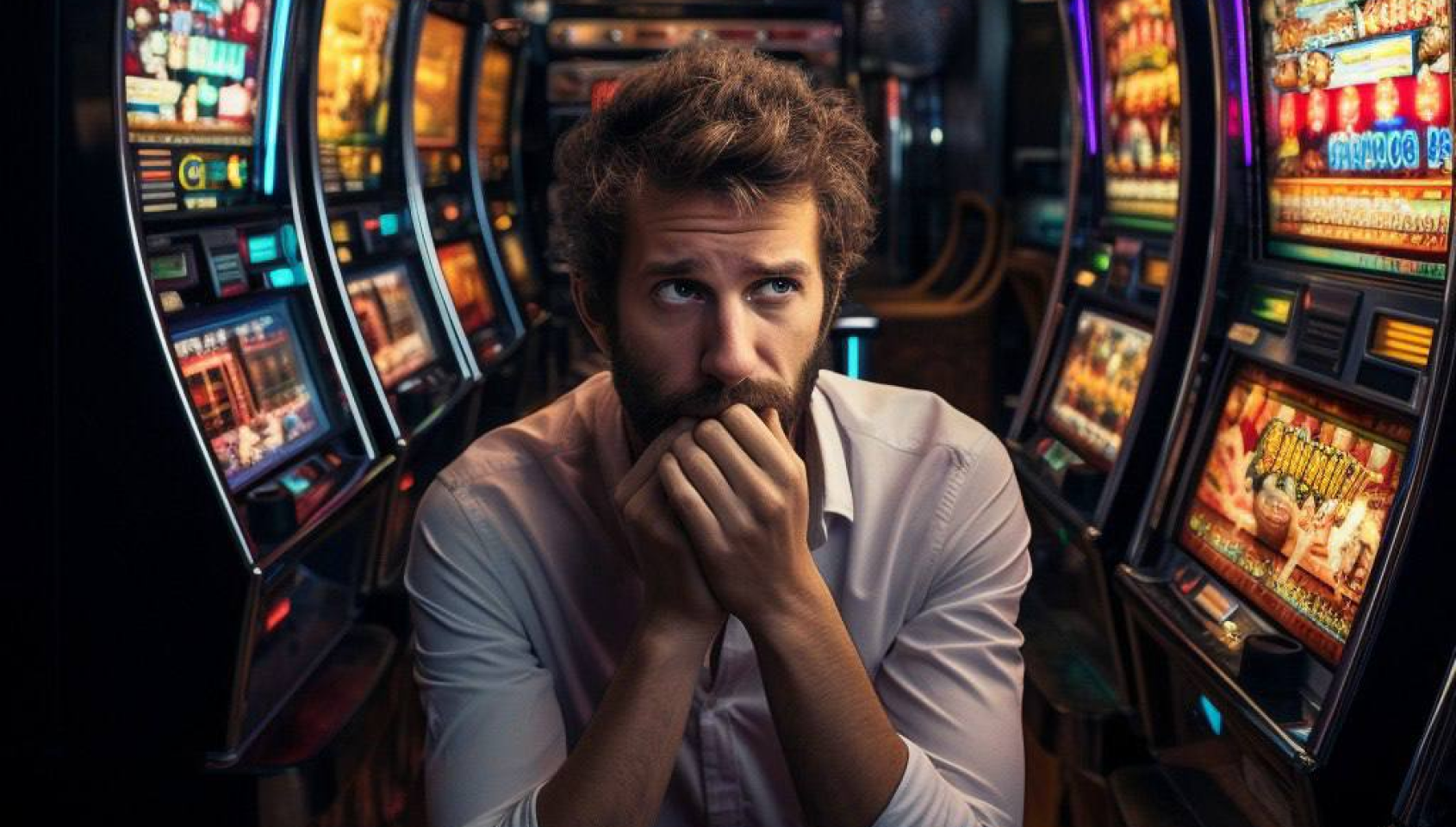The Psychology of Slot Gaming: Unveiling the Thrills Behind the Reels
This website is a free online resource that aims to provide helpful content and comparison features to our visitors. We receive advertising compensation from companies that appear on our site, which affects the placement and order of brands (and/or their products) on the site, as well as the score that is assigned to them. The presence of a company on this page does not imply our endorsement. We do not feature all providers on the market. Unless otherwise stated in our Terms of Use, all representations and warranties regarding the information presented on this page are disclaimed. The information, including pricing, on this site is subject to change at any time.

Slot machines have long held a special place in the world of gambling. Their blinking lights, mesmerizing animations, and the tantalizing promise of life-changing jackpots have attracted players from all walks of life.
But have you ever wondered why slot gaming is so captivating? The answer lies in the intricate web of psychology that underpins this popular casino pastime.
The Power of Anticipation
One of the critical psychological elements at play in slot gaming is anticipation. The spinning reels, accompanied by suspenseful music, create a sense of excitement and uncertainty.
As players watch the symbols align, there’s a rush of anticipation akin to the feeling one gets when waiting for the outcome of a lottery ticket.
This anticipation keeps players engaged and eager for the next spin, regardless of previous results.
Near Misses and the Illusion of Control
Have you ever been one symbol away from a big win? Near misses in slot gaming are powerful psychological triggers. They occur when the symbols on the reels align so closely to a winning combination that players feel they are just a hair’s breadth away from a substantial payout.
These near misses give players the illusion of control and encourage them to keep playing, believing that their next spin might be the one to hit the jackpot.
The Gambler’s Fallacy
The gambler’s fallacy is a cognitive bias that often influences slot players. It’s the belief that past outcomes affect future results, even though each spin is independent and random. For example, if a slot machine hasn’t paid out a jackpot in a while, players may erroneously believe it’s “due” to hit soon.
This fallacy can lead to extended playing sessions and increased bets as players chase an elusive win.
Reward Systems and Dopamine Release
When players win in slot games, their brains release a neurotransmitter called dopamine, which is associated with pleasure and reward. This dopamine rush reinforces the desire to keep playing and to experience that pleasurable feeling again.
Slot machines are designed to provide regular small wins and occasional larger wins to maintain this reward system activation.
The ‘Sunk Cost’ Effect
The concept of sunk costs can significantly impact slot gaming behavior. Players who have already invested considerable time or money into a slot machine may be reluctant to walk away, even if they’re not winning.
This phenomenon is known as the ‘sunk cost’ fallacy, where players feel compelled to continue playing to justify their previous investments.
The Role of Music and Sound Effects
Sound plays a crucial role in slot gaming psychology. The music, jingles, and sound effects are carefully crafted to enhance the overall experience. Winning spins are often accompanied by upbeat and celebratory music, further reinforcing positive feelings associated with winning.
The auditory cues create an emotional connection with the game and can keep players engaged for longer periods.
Escape and Entertainment
For many players, engaging in slot gaming serves as a means of escape and amusement. It provides a respite from the monotony and pressures of everyday life, enabling people to immerse themselves in a realm of thrill and potential.
This psychological dimension plays a significant role in sustaining the widespread appeal of slot machines.
Responsible Gaming Awareness
Understanding the psychology behind slot gaming is essential for both players and operators. While it’s a source of entertainment for many, it can also lead to addictive behavior in some individuals.
Responsible gambling practices, such as setting limits on time and money spent, are crucial to ensure that the thrill of slot gaming remains enjoyable without becoming a problem.
In conclusion, the psychology of slot gaming is a fascinating blend of anticipation, reward, and cognitive biases.
The design elements, sounds, and visual effects in slot machines are meticulously crafted to create an engaging and immersive experience.
Players spin the reels and participate in a complex dance between psychology and chance. While it’s essential to appreciate the entertainment value of slot gaming, it’s equally important to approach it responsibly and be aware of the psychological triggers at play.
After all, understanding the psychology of slot gaming can help players make informed choices and enjoy the experience to the fullest.












